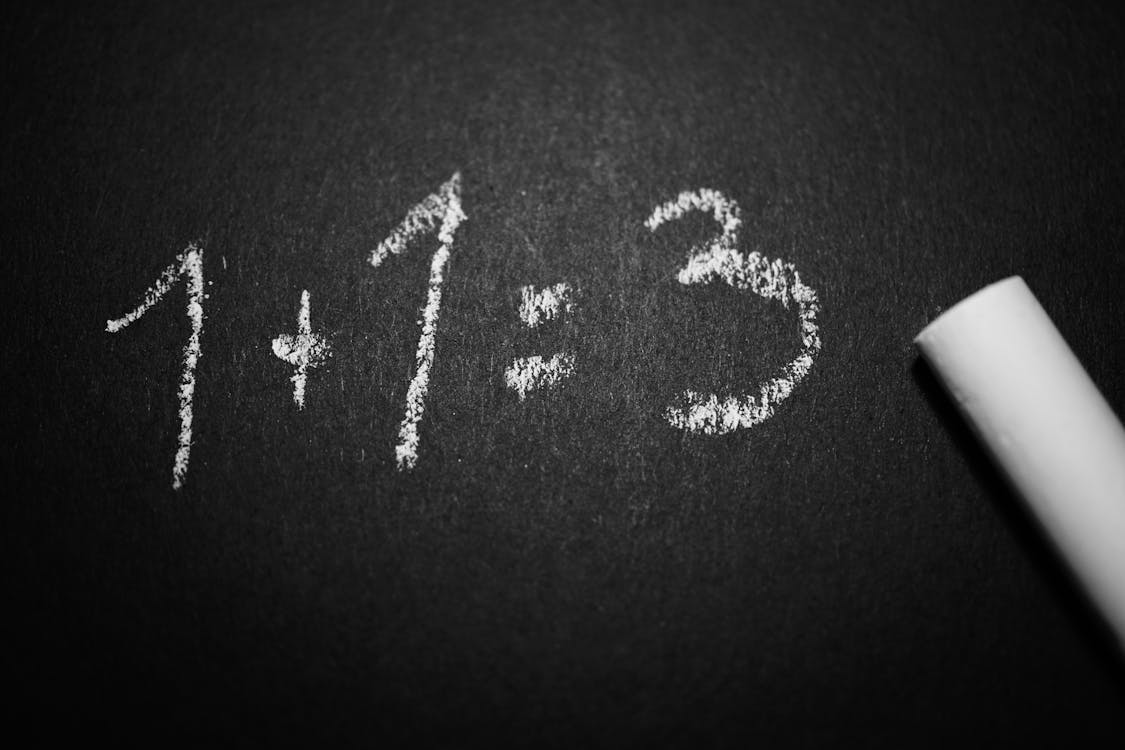
“Pride (does) goeth before a fall.” It never ceases to amaze me how many people, especially leaders, cannot admit it when they are wrong. It is as if the sheer fact of admitting their mistakes will make them weak and vulnerable to others. Former President George W. Bush couldn’t even produce one mistake when frequently queried about his handling of two major wars. In multiple press conferences, you could tell there was a struggle going on within him about what to say or not say. The press was frankly stunned by his lack of a response. I don’t believe he didn’t have anything to offer, he just believed he couldn’t be seen admitting error publicly.
He is not alone. Whether it is politicians at every conceivable level of government, business executives testifying in front of congress, entertainment personalities coming unhinged in a very public manner, athletes caught cheating, or even religious and spiritual leaders caught in compromising situations, it has become passé to admit you are wrong and apologize. It has become more convenient to ignore, rationalize, blame others, or claim some level of situational uniqueness or entitlement. The only thing that spurs people into action is if it is career-threatening not to take responsibility.
So much damage is done, and energy is wasted by people who simply won’t own up to their faults or misdeeds. In fact, it is often much worse than if they had come clean in the first place. Making mistakes means you are human. We all stumble, fall, and learn from it. Making the same mistakes repeatedly out of hubris is not the same thing. Moreover, covering up these mistakes often leads to worse consequences. Avoidance never works in life. It only means the problem will be delayed, will fester, and will ultimately blow up in your face if you are not careful.
Careers and lives have been ruined by pride. Leadership is about having integrity and building trust. If you are not straight with voters, customers, employees, colleagues, friends, or your family, they will inevitably find out. Better to come clean, apologize, ask for help, state what you’ve learned from the situation, and commit to being smarter and better in the future. No one is perfect, but your flaws and/or errors in judgment don’t have to be fatal.
Related articles
- Common Leadership Mistakes (ascendbusinessstrategies.wordpress.com)
- Common Leadership Mistakes, part 2 (ascendbusinessstrategies.wordpress.com)
- Be Wrong and Pick Your Battles Carefully … (timesunion.com)
- Learn From Your Mistakes (capacity-building.com)
- The Three Hardest Words for Leaders to Say (linked2leadership.com)
- A Man Must Be Big Enough To Admit His Mistakes, Smart Enough To Profit From Them, And Strong Enough To Correct Them… (shantesmith0706.wordpress.com)
- Always admit when you are wrong and try to correct your actions immediately. (jeremyliddle-entrepreneur.com)

